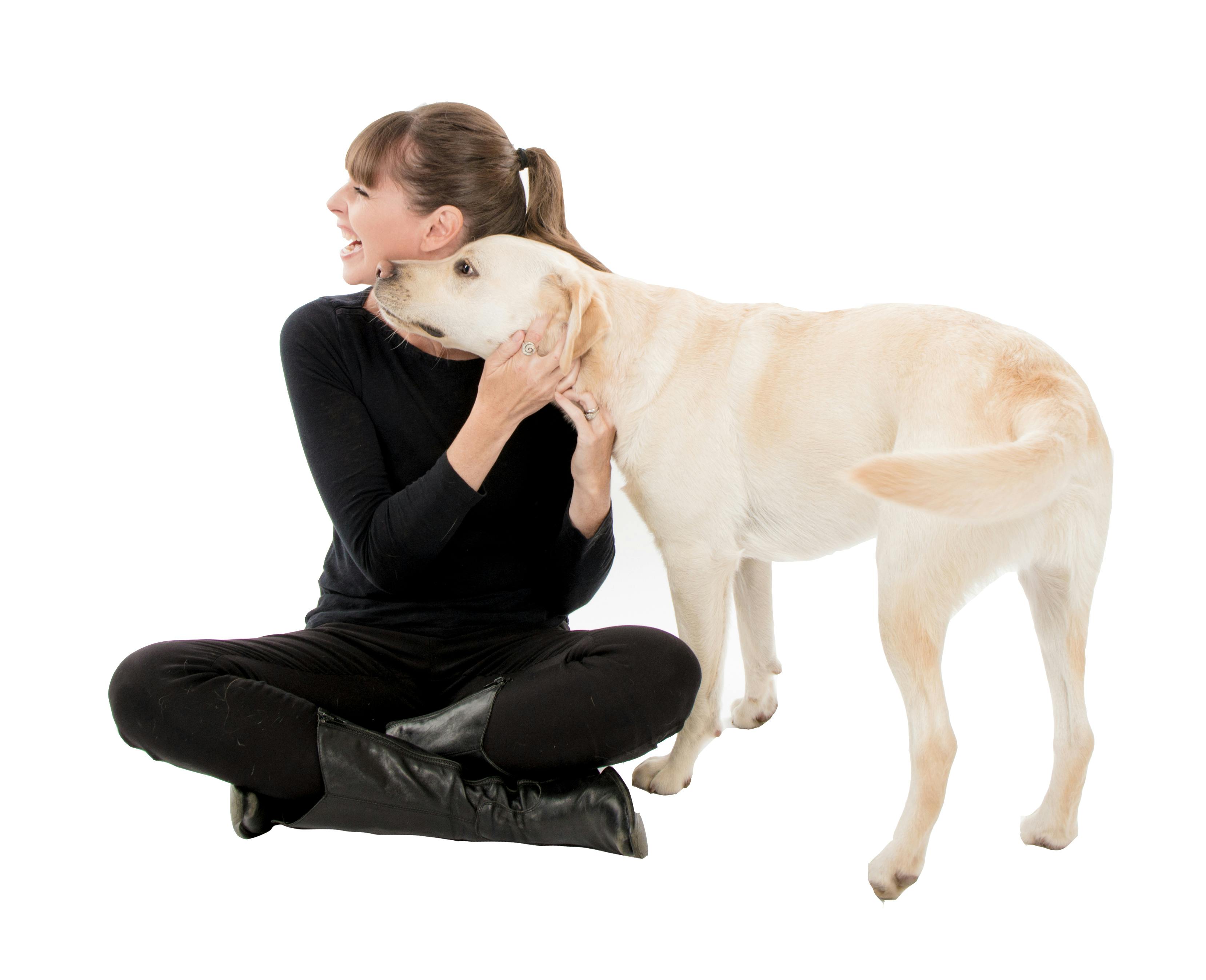Crucial Canine Educating Tips for Raising a Well-Behaved Buddy
Necessary methods such as early socializing, the facility of constant commands, and the implementation of favorable reinforcement can considerably influence a pet's habits and overall personality. Recognizing canine habits is crucial for customizing training techniques that resonate with specific pet dogs.
Understanding Pooch Habits

In addition, socializing plays a crucial role fit a pet's actions. Exposure to various settings, individuals, and other pets assists canines develop confidence and decreases the possibility of fear-based reactions. Early socializing is specifically essential, as experiences during the vital growth duration considerably influence a pet's long-lasting behavior.
Moreover, comprehending the principles of learning concept-- such as favorable reinforcement, adverse reinforcement, and penalty-- can boost training efficiency. Pets are more probable to repeat habits that generate favorable end results. As a result, using consistent, reward-based training techniques cultivates a relying on relationship between the pet and its trainer.

Basic Commands to Teach
Educating fundamental commands is a vital foundation for reliable canine training and communication. Dog Training For Dogs. These commands not just help develop a clear line of interaction between you and your pet dog, but they additionally advertise safety and excellent habits in numerous circumstances
Start with essential commands such as "Sit," "Stay," "Come," "Down," and "Heel." Each command offers a particular objective; as an example, "Sit" can aid soothe an excited pet dog, while "Come" is important for guaranteeing your dog go back to you when called.
When presenting a new command, make use of a constant and clear tone. Progressively increase the duration and range as your dog becomes a lot more proficient.
Consistency is crucial; technique commands daily to strengthen understanding, and ensure all relative utilize the very same commands to avoid confusion. Bear in mind that persistence is essential throughout this procedure, as different dogs may discover at different speeds. Developing these standard commands advertises an unified partnership and establishes the phase for advanced training in the future.
Positive Reinforcement Techniques
Positive reinforcement techniques are highly effective methods for encouraging desired behaviors in pets. This training approach involves rewarding your dog for exhibiting actions you desire to enhance, therefore raising the chance of those actions being duplicated. Benefits can take different types, including deals with, appreciation, or play, and must be tailored to what motivates your pet most.
Timing is vital in favorable support. Rewards should be provided immediately after the preferred actions strikes create a clear organization. If you want your pet to rest on command, reward them as quickly as they rest, ensuring they recognize what activity is being reinforced.
Uniformity is one more important component. Dog Training For Dogs. Utilize the same commands and incentives each time to prevent confusion. Slowly, you can phase out Get the facts deals with for more intermittent benefits, such as verbal appreciation, to maintain the habits without counting on constant exterior reinforcement
In addition, it is crucial to remain person and avoid penalty, as negative support can lead to be afraid and anxiety, inevitably hindering training initiatives. By implementing favorable support techniques, you will certainly foster a trusting partnership with your canine, causing a well-behaved buddy.
Socializing and Interaction
Socialization and communication are fundamental elements of a pet's development that complement favorable support techniques. Early direct exposure to diverse environments, individuals, and various other pets is important for cultivating a well-adjusted pet. This process assists pets develop confidence and flexibility, lowering the possibility of behavioral problems such as anxiety or aggression.
Begin socialization during the important developing home window, generally between three and fourteen weeks old. Present your pup to numerous stimulations, consisting of different sounds, sights, and textures. Register in young puppy classes or set up monitored playdates with various other pets to urge favorable communications.
As pets expand, remain to reveal them to diverse experiences. Tasks such as brows through to parks, pet-friendly shops, or area occasions can boost their social abilities and convenience levels in unknown settings.
Always keep track of interactions to ensure they are stress-free and positive. Comfortably redirect them and allow for steady direct exposure at a comfy pace if your dog shows indicators of stress and anxiety or hostility. Through consistent socializing and communication, you lay the groundwork for a balanced, mannerly friend with the ability of flourishing in diverse social scenarios.
Consistency in Training
Establishing uniformity in training is vital for reliable communication in between a canine and its proprietor. Pet dogs thrive on regular and find more information clear expectations, which aids them understand what habits is desired.
Consistency additionally extends beyond commands; it encompasses the regulations established within the family. For instance, if a canine is not permitted on the furniture, this guideline has to be enforced in any way times. Combined signals can lead to behavioral problems, as the pet might become unsure concerning what is appropriate.
Furthermore, all relative need to get on the same page concerning training methods and commands. The canine may become disoriented and nervous. if one person awards a habits while one more chidings it.
Final Thought
To conclude, applying crucial pet training pointers cultivates a mannerly friend. Early socializing, constant commands, and positive reinforcement are crucial components that contribute to effective training. Developing clear interaction and preserving a routine enhances the dog's understanding of assumptions, while perseverance makes certain lasting success. Eventually, these methods cultivate a relying on partnership between the canine and its family, advertising an unified living atmosphere and a well-adjusted additional resources canine companion (Dog Training For Dogs).
Crucial methods such as early socializing, the establishment of regular commands, and the application of positive support can considerably influence a pet dog's habits and total disposition. Understanding canine habits is essential for customizing training methods that reverberate with private dogs.Comprehending canine actions is vital for effective pet training. Canines are more likely to duplicate behaviors that produce favorable results.Favorable reinforcement methods are very efficient approaches for encouraging preferred actions in dogs.